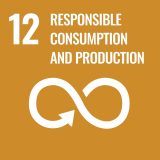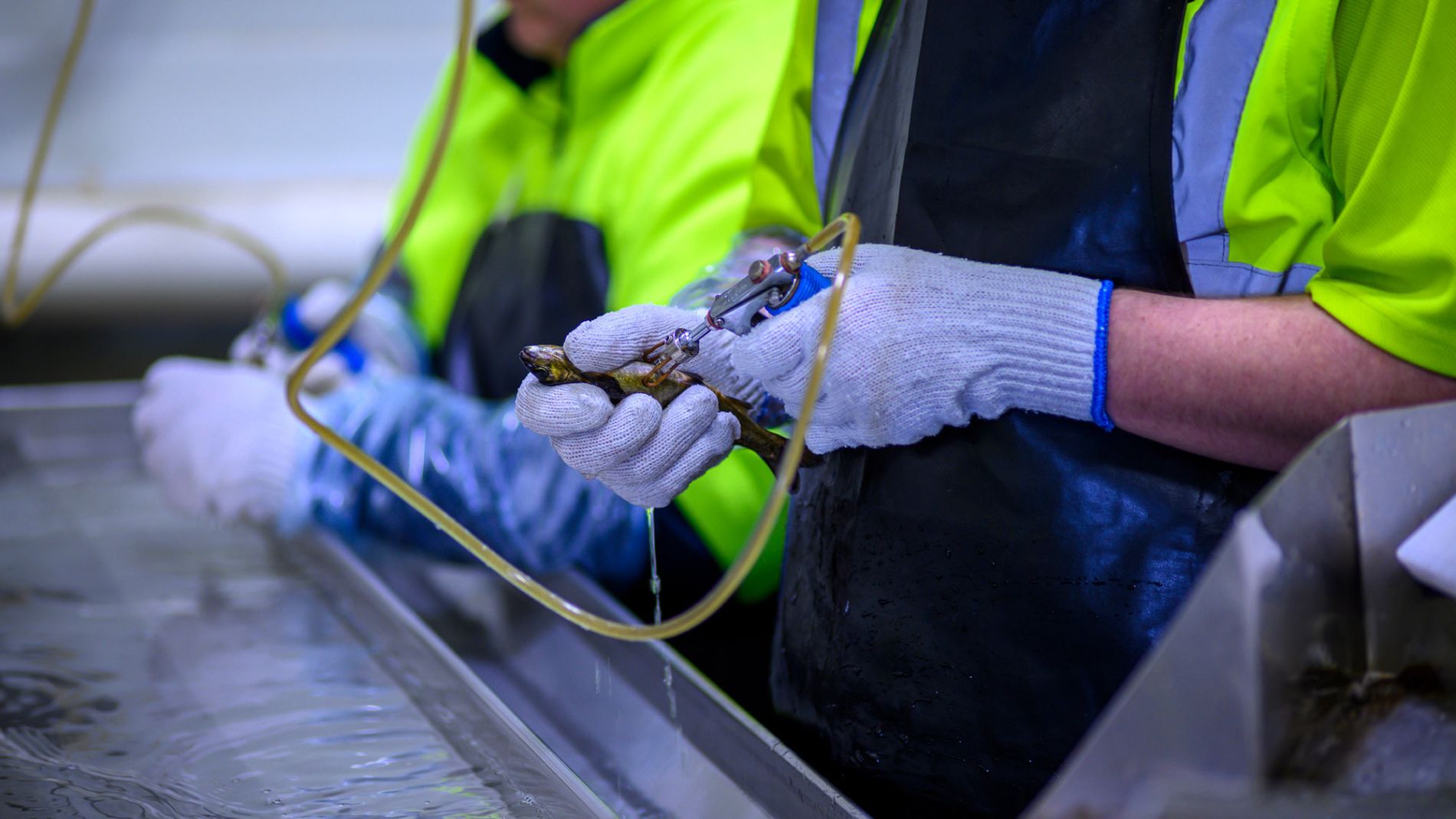Caring for our fish
Breeding, nurturing, and harvesting healthy fish is at the core of Petuna’s business.
Not only do we have a duty of care to ensure our fish are grown in a welfare friendly environment, but healthy fish also translate to a higher quality product. Petuna recognises that fish health and human health go hand in hand, and we take additional care to ensure we provide consumers with a nutritious and safe product.


Petuna’s antibiotic use
In 2021, antibiotics were prescribed and administered under veterinary supervision to treat skin lesions (scale loss) on some of our salmon stock. Scale loss can lead to opportunistic bacterial infections, so it is important for the welfare of our fish to treat affected populations.




